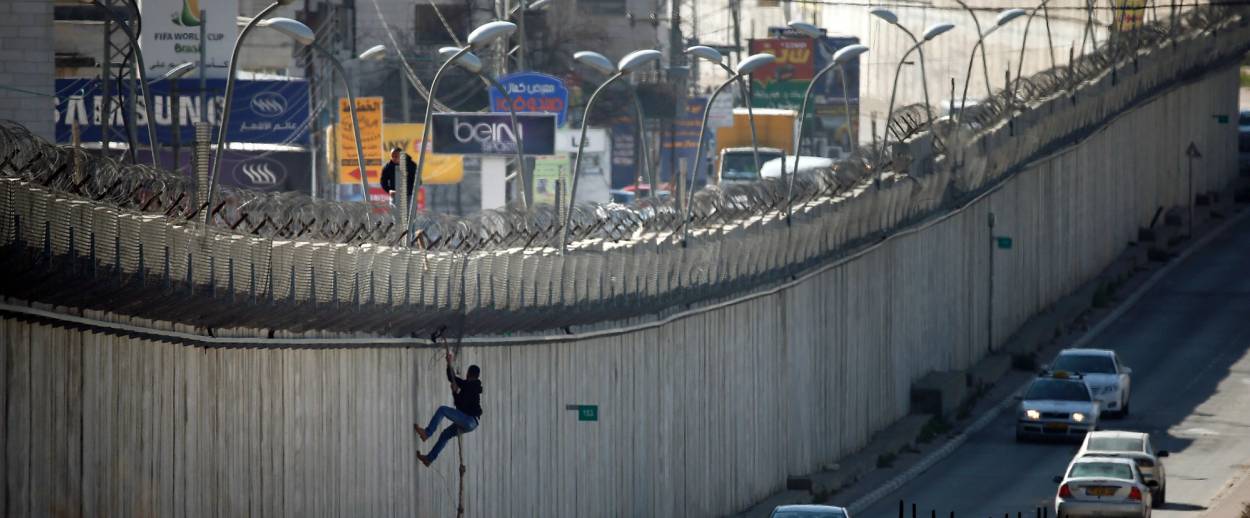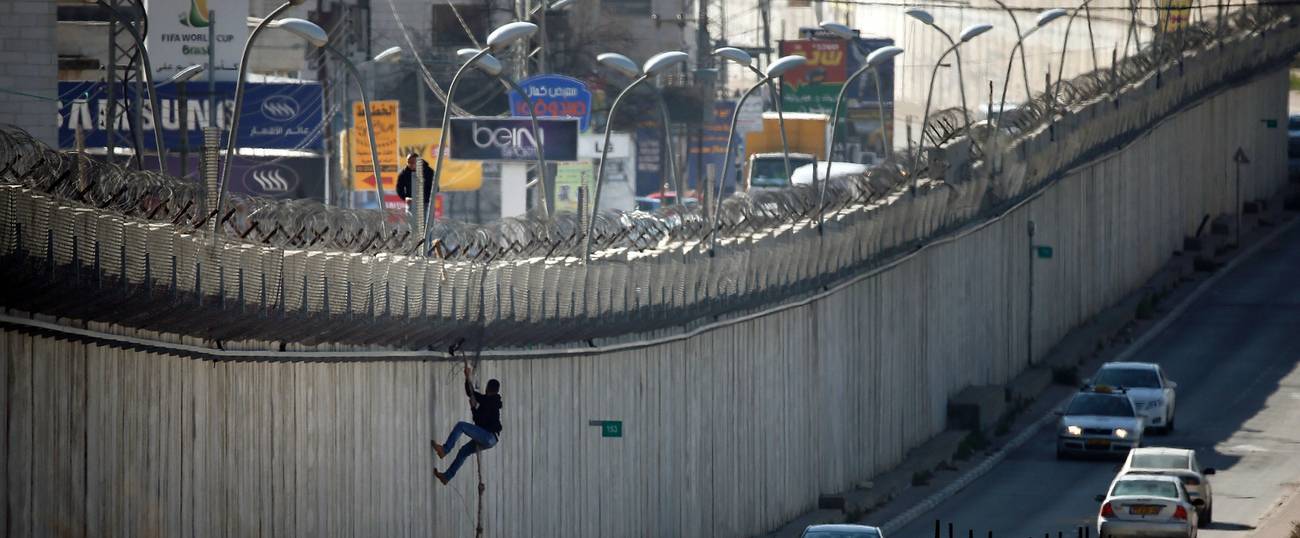Read ‘Strip Mine,’ a Strikingly Prescient Novel About Israel, Gaza, and the Middle East
Reuters Jerusalem reporter Dan Williams’s impressive debut novel from 2014 combines an insider’s edge with a page-turner’s plot




A Mossad agent meets clandestinely with contacts from Saudi Arabia, as the former archfoes quietly strengthen ties due to shared concerns over the rise of Middle East extremism. Outside actors infiltrate Gaza and seek to attack the Jewish state, challenging the ruling Hamas terrorist organization for supremacy.
These notions might sound like the stuff of a fanciful spy novel rather than reality—and in February 2014, when they featured as plot points in Dan Williams’ debut novel Strip Mine, they certainly did. But since then, Salafist extremists, some aligned with ISIS, have worked to destabilize Gaza and its fragile detente with Israel, against the wishes of Hamas. Saudi Arabian delegations have visited Israel, former officials from the two countries have increasingly appeared in public, and the ties between the ex-nemeses continue to move into the open. Saudi media outlets have even begun running philo-Semitic columns to smooth the way for reconciliation.
Now, Williams isn’t a prophet. He’s an astute observer. Having served as a Reuters correspondent in Jerusalem since 2001, he’s had a front-row seat to intifadas, elections, wars, and everything in between. In Strip Mine, he channels that wealth of knowledge into an engaging and exciting thriller that speaks to the regional novice and expert alike.
The book follows the exploits of Jodi Moore, a doctor and Mossad agent originally recruited at Oxford. When we meet her, she is working undercover as a leader in an anti-Israel student group, which seems like a somewhat poor use of the Mossad’s resources, but which allows Williams to explore some of the tensions surrounding Israel/Palestine even before the story arrives there. Soon enough, Jodi is sucked into a mission to uncover a new threat to both Israelis and Palestinians emanating from Gaza. In her effort to foil the plot, she’ll team up with an old acquaintance—a Hamas officer in Gaza—and together, they race against unseen foes to avert calamity for both their peoples.
While this plot is not the most original, what Williams lacks in novelty he makes up for in believability. Throughout the novel, he drops in details from his experience that few others can match, drawing readers into exotic locales like Gaza’s 1,000-year-old Turkish bath house, and giving them an inside look at the intricacies of Mossad spycraft. Every eyebrow-raising plot twist is compensated for by the undeniable realism of Williams’s descriptions and world-building. His knowledge of Palestinian and Israeli culture is hard-won and well-deployed. He gives both sides of the conflict their due, without letting politics overtake the narrative of the novel, which is no small feat. There’s certainly room for improvement in the book’s writing and pacing, but for a first novel, it is impressive.
Of course, perhaps the most unrealistic element of Strip Mine is its obligatory happy ending, something not typically found in today’s Middle East. But given how many of Williams’s other unlikely plot twists have since come to pass, maybe there’s hope for that one too.
Yair Rosenberg is a senior writer at Tablet. Subscribe to his newsletter, listen to his music, and follow him on Twitter and Facebook.